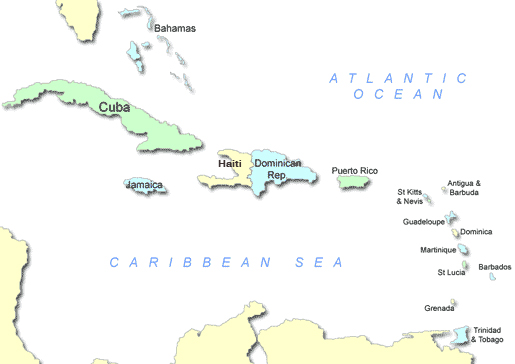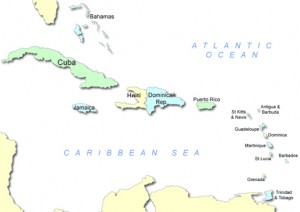



The “reconfiguration” of schools is actually another attempt to privatize education. The few agencies that remain under public control do so thanks to the ceaseless struggle of their workers. The class-conscious union UTIER, for example, has defended the nationalized Electric Power Authority tooth and nail.
Apart from the sell-off, the government wanted to pay the debt by applying tax measures that the working class would have to pay. While transnational giants and megastores like Walmart take in billions in profits while paying minimal taxes, if any, the government loaded a tax on sales and services of 11.5 percent — the IVU — with the possibility of imposing a Value Added Tax later. In fact, the 16 percent VAT that García Padilla wanted to impose was rejected by the legislature in mid-May due to the population’s massive rejection of this tax.
These measures are excessive in the extreme, with dire consequences for the already impoverished population.
The people reject these measures
Along with the general consensus of the people against the VAT of 16 percent, the resistance among students and union workers is even stronger.
On May 25, the students of the University of Puerto Rico, known for their militancy, which prevented the privatization of the UPR a few years ago, were holding an assembly to determine how they will proceed in the fight against the new taxes. For weeks now, they have been organized on their 11 different campuses and have joined students from other schools. Various actions have been taken, including 48-hour stoppages and a major mobilization at the Capitol building on May 13.
The students’ slogan is “Neither IVU nor VAT. Let those on top pay.” Not only do the students reject these measures, but they also offer alternative steps to the government to confront the crisis. For example, “eliminating the tax exemptions now maintained by the state and offered to multinational companies. … and recommend amending Article 6.8 of the Constitution, which gives priority to debt repayment over services to the people.” (Facebook: Radio Huelga)
The teachers, on the other hand, led by EDUCAMOS and ÚNETE, are calling on teachers and parents to demonstrate on May 26 against the Department of Education and protest school closings.
In an article, Puerto Rican writer Nelson A. Denis, author of the newly released bestseller, “War Against All Puerto Ricans,” offers an easy solution to solve the debt crisis: end the Cabotage Act. This act, better known as the Jones Act of 1920, requires that all goods that travel between the U.S. and Puerto Rico do so on U.S.-flagged vessels. Let’s explain this in brief: The value of U.S. protectionist quotas, taxes, fees and surcharges of ships and ports, which are the most expensive in the world, under this act are transferred to the Puerto Rican consumers, making the merchandise extremely expensive.
Denis concludes, “From 1970 to 2010, the Jones Act cost Puerto Rico $29 billion. Projected from 1920 to the present, this cost was equivalent to $75.8 billion. Ironically, this $75.8 billion cost exceeds the amount of the current public debt.” (Latinorebels.com)
The Jones Act is but another expression of colonialism. So to solve the debt once and for all, what is essential is the independence of Puerto Rico.
¡Viva Puerto Rico Libre! (Long live free Puerto Rico!)
Raposo is a Portuguese Marxist analyst, editor of the web magazine jornalmudardevida.net, where this article…
By Alireza Salehi The following commentary first appeared on the Iranian-based Press TV at tinyurl.com/53hdhskk.…
This is Part Two of a series based on a talk given at a national…
Educators for Palestine released the following news release on July 19, 2025. Washington, D.C. Educators…
On July 17, a court in France ordered the release of Georges Abdallah, a Lebanese…
The following are highlights from a speech given by Yemen’s Ansarallah Commander Sayyed Abdul-Malik Badr…